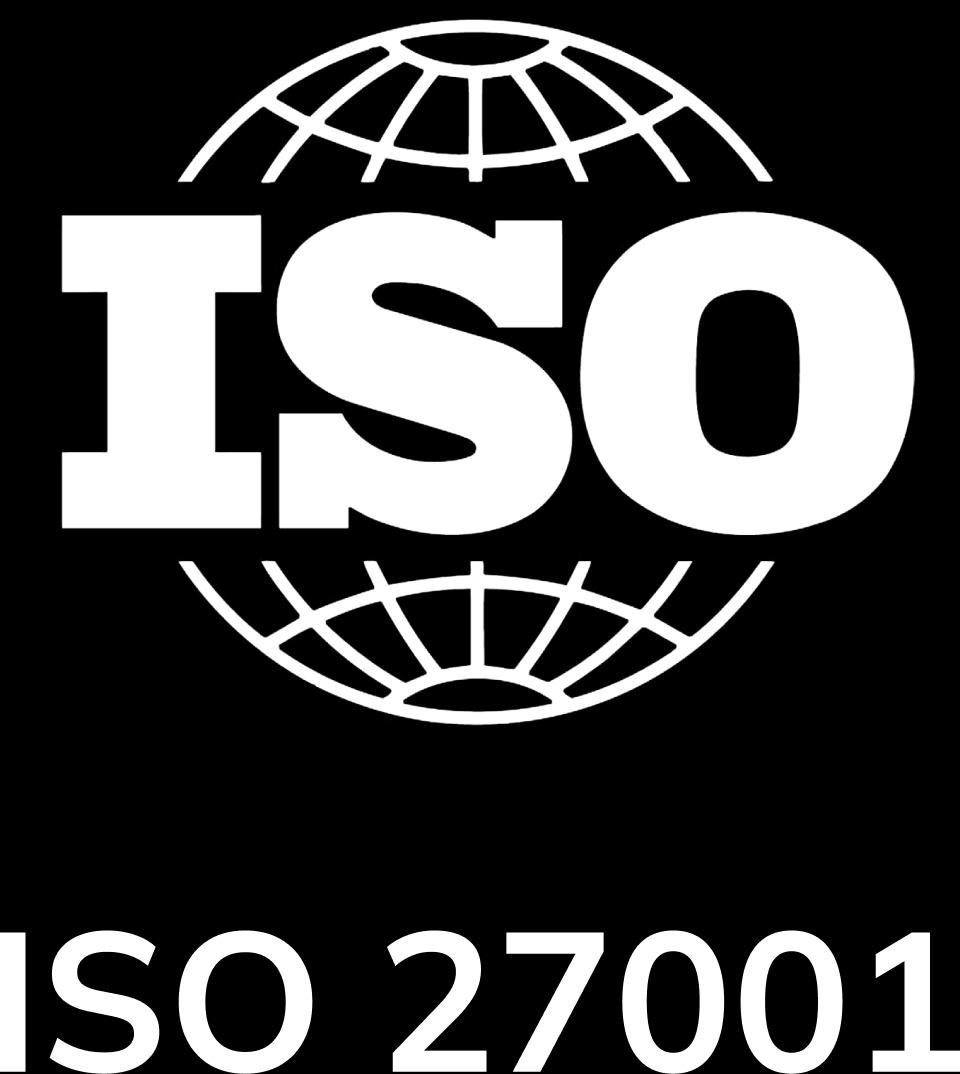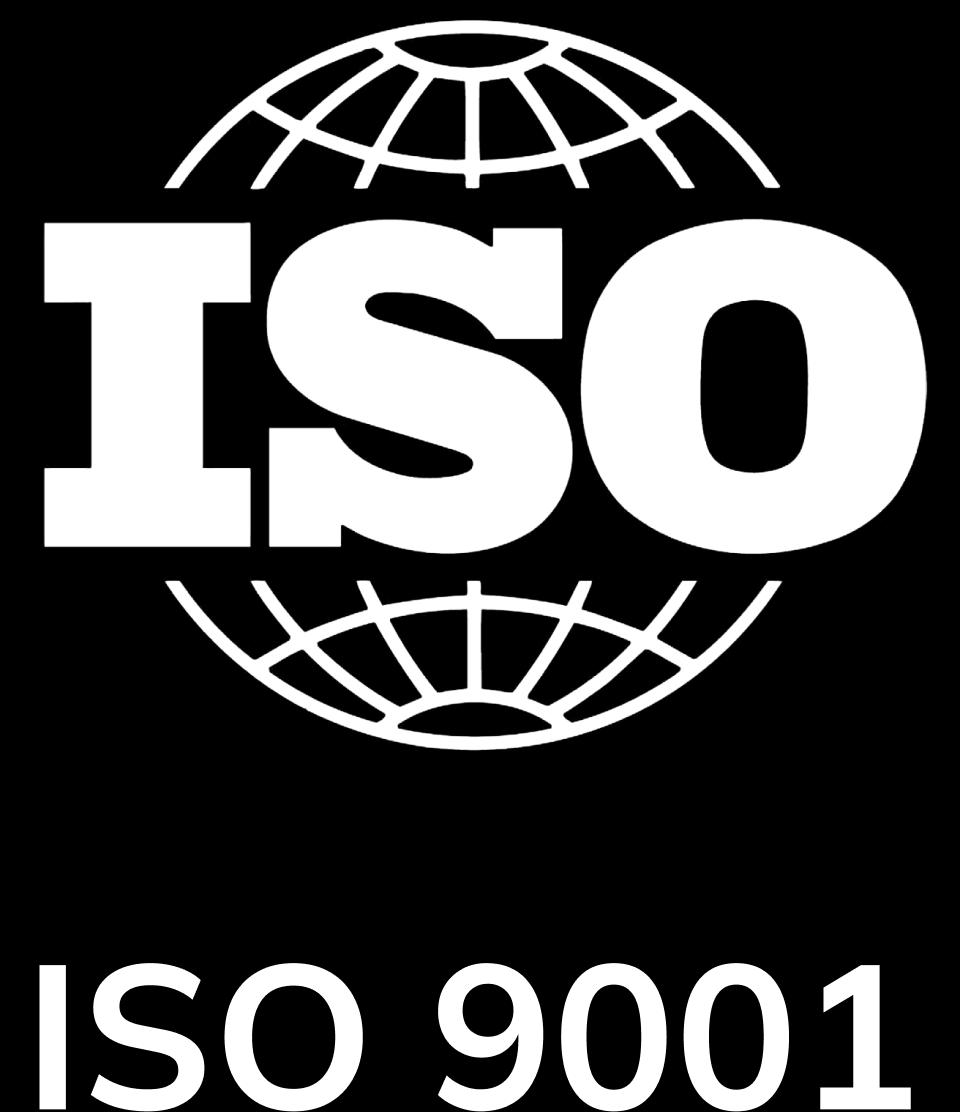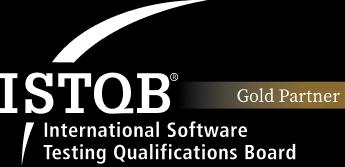
5 Key Criteria for Choosing the Right LMS for Your Organization
In today’s context, utilizing a Learning Management System (LMS) has become essential for organizations and businesses to effectively manage, monitor, and enhance their employee training processes. However, selecting an LMS that aligns with your organization’s needs isn’t always straightforward. In this article, Tokyo Tech Lab will help you understand the essential criteria to choose the best LMS for your organization.
I. What is an LMS?
An LMS, or Learning Management System, is a platform designed to support the management, distribution, and tracking of courses and learning materials within an organization. An LMS doesn’t just help manage and organize courses but also supports tracking progress, assessing results, and storing training materials. A suitable LMS will enable businesses to optimize the training process, improve staff quality, and reduce costs in the long term.

II. 5 Important Criteria to Consider When Choosing an LMS for Your Organization
1. Identify Your Organization’s Needs
This is the first and most important step when choosing an LMS. To avoid wasting resources on unnecessary or unsuitable systems, organizations must clearly define their training needs and goals. Factors to consider include:

- Training Objectives: Determine what purpose the LMS will serve - such as internal training, product knowledge enhancement, soft skills development, or even offering courses for external customers. Understanding your training goals will help identify the necessary features and design the system in line with your organization’s direction.
- Number of Users: The LMS should be able to handle the number of users your organization plans to train, including employees, managers, and potentially partners and external customers. The larger the user base, the more important LMS scalability becomes.
- Type of Training: Consider what types of training the LMS will support, such as online, hybrid, or in-person. Some LMSs may excel in online training support, while others may favor in-person training.
Identifying these needs will give your organization a clearer perspective when comparing LMS systems, helping you select the LMS that best meets your specific requirements.
2. Essential Features of an Effective LMS
An effective LMS should provide full support for both administrators and learners. Here are some crucial features that a modern LMS should have:

- Course Management: This feature allows easy creation, editing, and management of courses. The organization should consider the ease of adding content, assigning courses to different groups of learners, and managing learning materials.
- Learning Progress Tracking: A good LMS will offer a tracking feature for each learner’s progress, allowing administrators to see who has completed courses, who is missing content, and who may need additional support. This enables the organization to assess learning outcomes and training effectiveness.
- User-Friendly Interface: A user-friendly interface helps learners quickly become familiar with the system and focus on the learning content. Additionally, an intuitive interface makes content management and editing easier for administrators.
- Assessment and Survey Tools: A quality LMS should include tools for evaluating learning effectiveness, such as quizzes, surveys, and practical assignments. These tools help the organization measure learners’ knowledge and skills.
Choosing an LMS with the necessary features will help optimize the training process and enhance the learning experience for users.
3. Integration Capabilities with Other Systems
A good LMS should integrate flexibly with other systems within the organization to improve management efficiency and save time. Integration capability is crucial, as organizations often use multiple software platforms to manage information and processes. Common integrations include:

- Human Resources Management System (HRM): An LMS can integrate with the HRM system to automatically update employee data, track completed training courses, and manage each individual’s development within the organization.
- Web Conferencing Tools: For organizations with online training needs, the LMS should integrate with conferencing tools like Zoom, Microsoft Teams, or Google Meet. This enables learners to join online sessions easily and helps administrators organize meetings and lectures conveniently.
Strong integration capabilities allow the LMS to fit seamlessly into the organization’s tech ecosystem, streamlining data management and training deployment for greater efficiency.
4. Customizability and Technical Support
An LMS should not be a "closed" product; it needs to be flexible and customizable to meet the specific needs of an organization. At the same time, technical support from the provider is crucial to ensure that the system can be used reliably. Key factors for customizability and technical support include:

-
Customizable Interface and Features: Some LMS platforms allow customization of the interface, colors, logos, and features to match the organization’s branding. This customization helps make the LMS feel familiar and integrated with the organization's other platforms.
-
Customizable Reports and Analytics: An LMS should allow the customization of reports to meet the organization's specific tracking needs, making it easier to monitor performance metrics.
-
Technical Support: The LMS provider should offer professional technical support, ready to assist the organization in resolving technical issues and providing ongoing support. Effective technical support minimizes downtime and ensures the system runs smoothly.
Good customizability and technical support help organizations operate the LMS efficiently and ensure the system can meet unique requirements.
5. Pricing and Maintenance Costs
Lastly, when choosing an LMS, organizations need to consider the cost and long-term maintenance expenses to ensure it aligns with their budget. Here are some aspects to consider:

-
Initial Cost: LMS platforms may have different pricing models, such as one-time fees, annual subscriptions, or per-user fees. Organizations should choose an option that fits their budget and long-term usage needs.
-
Maintenance and Upgrade Costs: Some LMSs require regular maintenance fees or feature upgrade costs, while others may include maintenance and updates in the package. Understanding these costs helps organizations plan their long-term budget.
-
Open-Source vs. Commercial LMS: Open-source LMS options like Moodle can save initial costs but may require a skilled technical team for maintenance and development. On the other hand, commercial LMSs often come with professional support and are easier to use, although they may be more expensive.
Choosing an LMS that fits the budget helps organizations use resources effectively and ensures the system can be maintained and developed over time.
III. Common Mistakes to Avoid When Choosing an LMS
A common mistake when selecting an LMS is not thoroughly assessing the organization’s needs before deciding. Many organizations get drawn to LMS platforms with numerous features but overlook determining if these features are necessary and suitable for their actual requirements. This can lead to wasted resources and an unsmooth experience for both learners and administrators. To avoid this, organizations should carefully analyze their training needs and specific goals, then choose an LMS with features that meet those objectives, maximizing resource use and ensuring effectiveness.
Another significant mistake is ignoring the LMS’s ability to integrate with existing systems within the organization, such as CRM, HRM, or virtual meeting tools. Poor integration can lead to disconnected systems and data management difficulties, causing disruptions in workflow and making data management complex, requiring time-consuming manual updates. To avoid this, organizations should consider how well the LMS integrates with current tools to ensure smooth, optimized operations.

Additionally, many organizations focus too much on cost when choosing an LMS rather than considering quality and features. Selecting an LMS solely for its low cost may result in a system that lacks essential features or is difficult to scale. This limits training capabilities and negatively impacts user experience. To avoid this mistake, organizations should consider the long-term benefits of an LMS, choosing a system with good quality, compatibility with goals, and scalability to maximize training effectiveness and save costs in the long run.
Another common error is neglecting the need for customization and technical support from the LMS provider. If the system cannot be adjusted to meet specific organizational needs or lacks prompt technical support, the operation may encounter many challenges. Flexible customizability helps organizations tailor the system to their needs, while technical support ensures stability and prevents unnecessary disruptions. Therefore, organizations should choose LMS providers that offer good support and necessary system customizations.
Lastly, a critical mistake organizations often make is not testing the LMS before deciding to purchase. Relying on advertisements or recommendations from the provider without hands-on testing may prevent the organization from accurately assessing the system, risking investment in an unsuitable LMS. Testing allows organizations to evaluate features, performance, and user experience fully before making a well-informed decision. To mitigate this risk, organizations should request a short trial period to gain a comprehensive understanding before committing.
IV. Is TEAMHUB LMS the Right Choice for Small and Medium Enterprises?
TEAMHUB LMS is a learning management system (LMS) developed by Tokyo Tech Lab, specifically designed to meet the needs of small and medium enterprises. With its flexible features, affordable pricing, and high customizability, TEAMHUB LMS provides comprehensive support for businesses aiming to build an effective online training system without heavy investment in complex infrastructure.

Here are some of the standout features of TEAMHUB LMS:
- Flexible Course Management
- Learning Progress Tracking
- Integration with Other Tools
- User-Friendly Interface
- Data Reporting and Analytics
- Flexible Customization
- Dedicated Technical Support
- Affordable and Accessible Pricing
With these exceptional features, TEAMHUB LMS is an ideal choice for small and medium businesses, delivering a flexible, efficient, and sustainable training system. To experience this optimized learning management solution, tailored to meet your business’s needs, reach out to us at sales@tokyotechlab.com or call our hotline at 0968.904.159 to register for a free three-month trial of TEAMHUB LMS.
V. Conclusion
Choosing a suitable LMS for an organization should be based on clear criteria such as needs, features, integration capability, customizability, and cost. By understanding these factors, organizations can select an LMS that optimizes the training process and provides long-term value. Investing in a quality LMS not only enhances employees' skills and performance but also contributes to the organization’s sustainable development strategy. If your organization is in need of a solution to streamline training management, TEAMHUB LMS is a suitable choice. Contact us today for detailed consultation! Don’t forget to follow us for more valuable insights on educational technology.
SHARE THIS ARTICLE
Author
Huyen TrangSEO & Marketing at Tokyo Tech Lab
Hello! I'm Huyen Trang, a marketing expert in the IT field with over 5 years of experience. Through my professional knowledge and hands-on experience, I always strive to provide our readers with valuable information about the IT industry.
More Posts



About Tokyo Tech Lab
Services and Solutions
Contact us
© 2023 Tokyo Tech Lab. All Rights Reserved.







